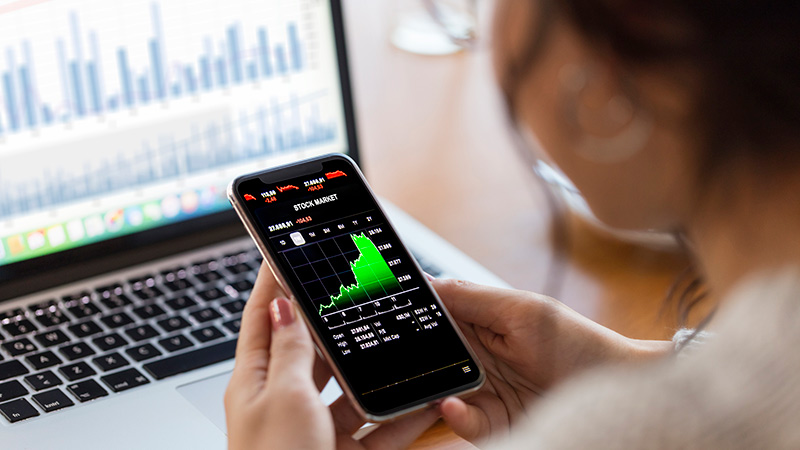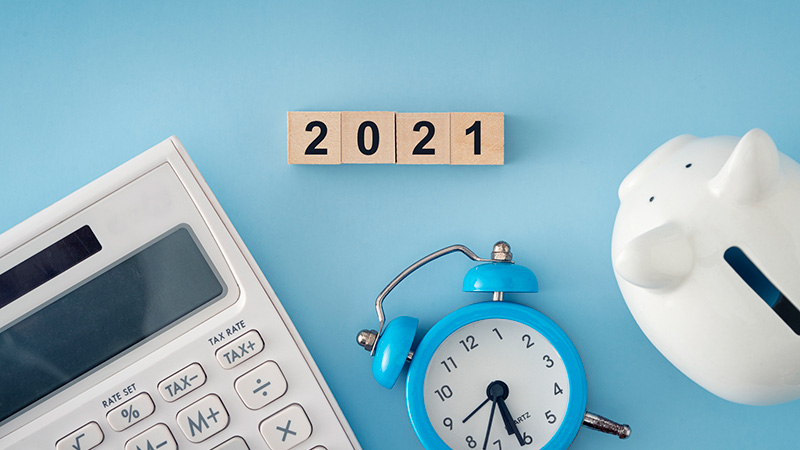
This content is for information and inspiration purposes only. It should not be taken as financial or investment advice. To receive personalised, regulated financial advice please consult us here at Elmfield Financial Planning in Padiham, Burnley, Lancashire.
Where do you go if you want to invest in stocks, funds and other assets (e.g. commodities or even cryptocurrencies)? Similar to a food supermarket, in 2021 a range of investment platforms exist to offer these kinds of opportunities to people. However, they come in many forms and involve different assets, benefits and costs which are important to factor into your choice.
In this article, our financial planning team here in Padiham, Burnley offers a summary of some of the popular investment platforms in 2021 and key information to consider when researching the different options available to you. We hope you find this content useful. If you’d like to speak to an independent financial adviser then you can reach us via:
T: 01282 772938
What is an investment platform?
Similar to an online bank account, an investment platform allows you to log in and to deposit and withdraw funds. The key difference, however, is that you do not typically use the account to store cash. Rather, you put money into an online “wallet” which you can then draw from to buy different investments on the platform – such as funds or company shares.
Different platform types
Broadly speaking, there are at least two main types of investment platform. The first is known as D2C (direct to customer) or “non-advised”, and involves picking assets yourself to invest in without any help from a financial/investment adviser. The second is known as an “advised” platform, where you have access to the account – but a financial adviser or wealth manager invests and makes decisions on your behalf (e.g. Aviva). Here, a closely-related platform type is known as “execution-only”, where your financial adviser only executes trades on your specific instructions – not at their own discretion, on your behalf.
In recent years, a third platform type has also emerged which blends the two main approaches, called “robo-advisers”. Here, an investor answers a series of questions posed to them on the platform, which then assigns them a pre-set portfolio based on their risk tolerance and goals. A popular example in 2021 is Nutmeg.
What charges do I pay?
Whilst you can typically use a highstreet bank account cost-free, an investment platform will charge you a range of fees. The range of costs – and the amount of each – will depend on your choice of platform. This is crucial to understand, as one study by the (FCA) Financial Conduct Authority shows that 29% of platform users are not aware of what they are being charged.
Here is a non-exclusive list of costs to look out for:
- Currency fees. If the platform deals in US Dollars (USD) and you deposit funds in GBP, then it will likely charge you a fee for converting the currency.
- Inactivity fees. Some platforms charge you if you do not buy or sell any assets within a given period (e.g. 12 months). They partly do this because many platforms make money from the “spread” on an investment transaction.
- Spread. When you log into your account you may notice that you can sell an asset you hold (e.g. a stock), but the amount you would get is less than the current market rate. This is the spread – i.e. the charge levied by the platform when you make a trade.
- Commission. This typically refers to a charge by a broker or investment adviser for handling purchases on the platform or for providing advice.
- Overnight fees. Some platforms charge you for holding an investment overnight (e.g. for currency or commodity positions).
- Exit fees. When you take funds from an investment platform, some will charge a fee.
ISAs, CFDs & other considerations
One of the most tax-efficient ways to invest in 2021-22 (outside of a pension) is within an ISA. This allows you to generate interest, capital gains and dividends without these being taxed. Yet not all investment platforms allow you to contain your assets within an ISA structure. As such, if you withdraw profits from your account within a given tax year, this will likely count towards your capital gains tax allowance (£12,300 in 2021-22).
Another important thing to consider is that many investment platforms do not let you invest in the underlying asset you are interested in. Rather, they ask you to invest in CFDs (contracts for difference) instead. These are very high-risk and should be approached with a lot of caution – as the vast majority of people lose money when trading them.
It’s worth noting that even the best investment platforms cannot stop people from making poor investment decisions. They cannot eradicate biases which lead to short-term thinking (e.g. panic selling) and nor can they commit you to a long-term strategy that grows your wealth, even as the market moves up and down along the way. The benefit of a financial planner is that they can help you address these problems and guide you through the complex decisions involved with investing successfully over the long-term, taking on much of the legwork and helping to provide you with peace of mind about your finances.
Invitation
If you are interested in starting a conversation about your own financial plan or investments, then we’d love to hear from you. Please contact us to arrange a free, no-commitment consultation with a member of our team here at Elmfield Financial Planning in Padiham, Burnley, Lancashire.
Reach us via:
T: 01282 772938

